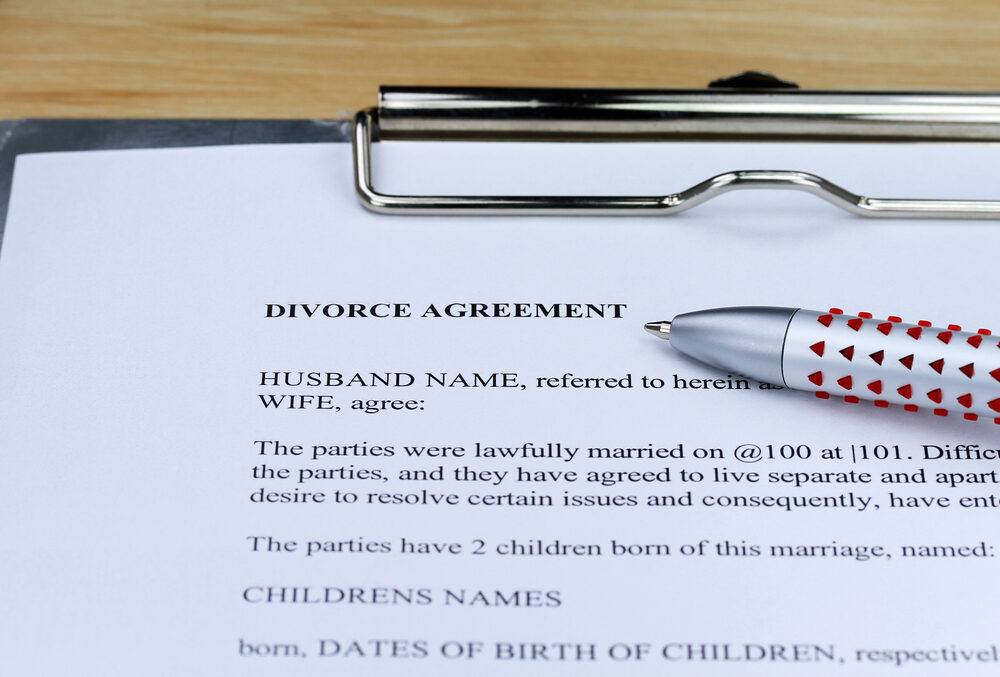
In a marriage, you and your spouse pool affections, efforts, and finances. Each of you might have brought assets such as real property, 401(k) plans, investments, business interests, and vehicles into the marriage. Often, spouses accumulate assets during their marriage. At least one, if not both spouses, work or have other sources of income.
With these circumstances in mind, the resolution of financial issues feature prominently in a Florida divorce proceeding. Through equitable distribution, courts divide assets either equally or unequally if circumstances make a 50-50 split of assets unfair to a party. This exercise involves facts unique to each couple and case.
Strictly speaking, courts do not literally divide income through equitable distribution in the same way as courts do assets. However, the amount and sources of the spouses’ income factor into alimony and how courts or the parties may negotiate to divide property.
Alimony
Alimony seeks to alleviate the financial burdens visited upon a dependent spouse due to a divorce. Florida law normally does not consider the fault of the parties in deciding upon alimony. Instead, the inquiry turns usually and fundamentally on whether the spouse seeking it is deemed “dependent.” If you ask for alimony, you will need to show that you depend financially upon the other spouse to maintain an accustomed standard of living, meet post-separation expenses, or obtain job skills or education.
What makes a spouse dependent takes into account many factors, such as:
- Job experience
- Educational attainment
- Educational expenses or debt
- Professional licenses and occupations
- Other sources of income such as pensions, Social Security, business profits, and dividends, and gains from selling investments
- Separately-owned assets and debts
- Physical or mental condition, including status as disabled
If you face an alimony claim, these same circumstances affect whether the court will treat you as a supporting spouse. For instance, those with physical or mental disabilities likely lack the ability to pay alimony. A court likely won’t demand alimony if your income comes primarily from need-based programs and you are not able to find employment despite good-faith efforts. However, note that federal law permits the garnishment of Social Security benefits for alimony.
With alimony determinations, Florida courts must consider a supporting spouse’s current ability to pay. Speculations or conclusions on future income will not do. This does not always limit the court to relying only on actual income. If you seek alimony and your spouse has intentionally depressed income, a court might “impute” income to your spouse. Such may occur when the spouse refuses jobs or higher-paying ones to avoid alimony.
The length of time that an alimony award lasts and the amount call into play how long the spouses were married and tax consequences. In marriages that last 17 years or more, the court will presume that a spouse in need of alimony gets it indefinitely. Other alimony awards may last so long as necessary to aid the move from married life or to self-sufficiency.
Dividing the Money-Making Assets
Courts also allocate income (or the streams) through the distribution of assets. Income-producing assets often consist of real estate used as:
- Apartments, duplexes, and other residential rental units
- Retail, office, warehouse, and industrial rental space
- Self-storage units
- Hotels, motels, and campgrounds
- Condominium rentals
- Vacation properties
You or your spouse may also have stocks that produce dividends. Bonds, savings accounts, and certificates of deposit yield interest. Income can also flow from the royalties of literary works or music and profits from businesses.
In a Florida divorce, lawyers rely on court-mandated financial affidavits to discover the income streams from which the spouses draw. With this information, the parties can negotiate or the courts decide who gets particular assets.
For instance, a judge might find it equitable to distribute a rental unit to a spouse who otherwise lacks the skills and education to earn a regular income from employment – especially if the other spouse has a career or lucrative salary. Other options include liquidation of the income-producing property. Of course, the court must initially determine what income streams are marital. As a general rule:
- Property acquired between the date of marriage and separation is marital property
- Gifts by one other than your spouse and assets you obtain through a will or as an heir, even if acquired during the marriage, are considered separate property
- You can claim as marital property your contributions to the increase in value of separate property
Contact a Tampa Divorce Lawyer Today.
For more information or for legal advice, contact our Tampa Divorce Attorneys today.
Sometimes life takes an unexpected turn. With the right approach and the representation of an attorney experienced in the nuances of Florida’s divorce laws, you can be confident in the outcome of your case. At Robert Sparks Attorneys, we take these matters seriously.

No case is too complex for our divorce attorneys in Tampa. No matter the circumstances surrounding your divorce, we commit ourselves to every case and get serious results.









Comments for this article are closed.